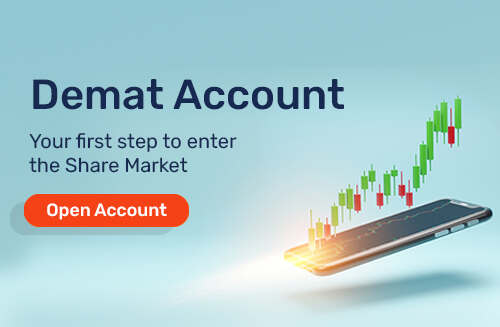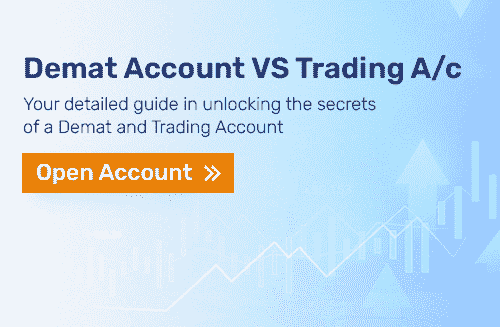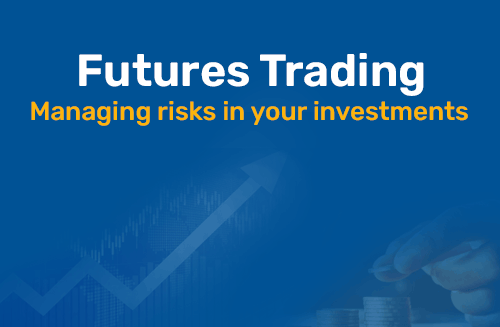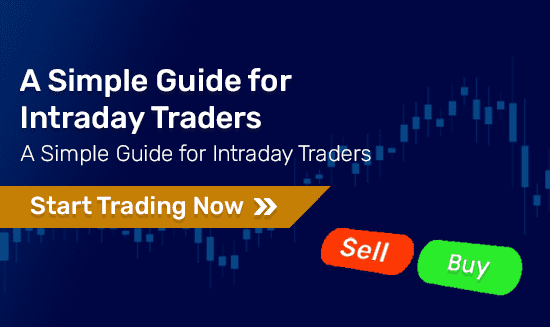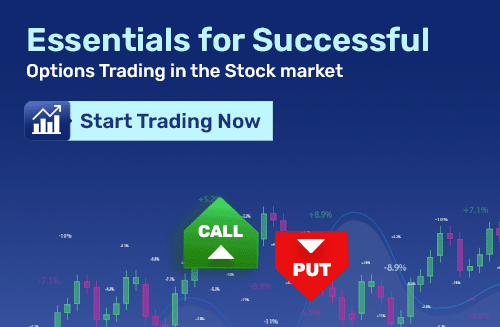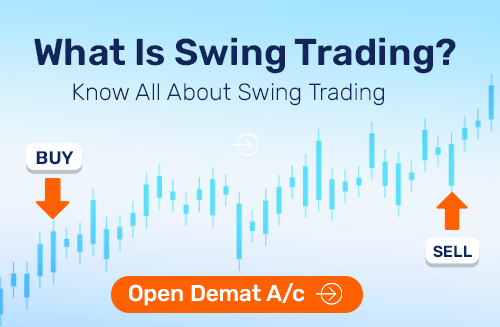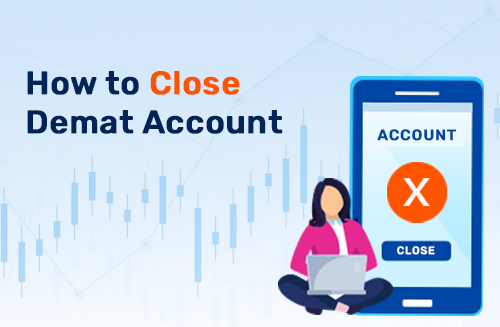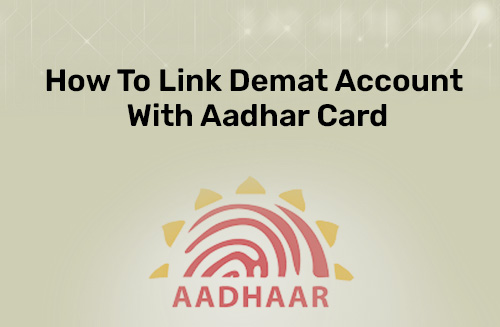Uses of Derivatives
The main objective of using derivatives is to hedge against the price movements of the underlying assets. There is an expiry date in derivatives on which the contract expires. An investor can square-off the position before expiry if lucrative profit is at hand, else, can carry the position till the expiry date.
- These contracts are regulated by the SEBI (Securities and Exchange Board of India) and are traded on the stock exchange
- Derivatives market is different in terms of the way they work and the associated risks
- With derivatives, investors can take a leveraged position by paying a relatively lower amount
Basic Terms in F&O
Let’s get to know Futures and Options better with some useful basic terms associated with them.
- Underlying Security – It’s a key element for Futures and Options and the derivatives contract derives its value from the same. Bond, stock, currency, and interest rates are some on which Futures and Options are based.
- Premium – In the Options agreement, it’s the current price/fee paid by the option buyer to the seller. The greater the volatility of the underlying asset, the greater the premium.
- Strike price – At this price, the Options contract owner agrees to purchase or sell the underlying asset when exercising the contract.
- Expiry Date – The date on which Futures and Options contract expires.
Difference between Futures and Options
F&O both are different in terms of obligations.
Futures contracts obligate the investors to either buy or sell stocks on a future date at a predetermined price. Investors often get involved in futures contracts to hedge against asset price changes.
Options contracts on the other hand are also financial contracts, but not obligatory. They offer versatility and are used in forming various strategies for trading. It gives a range of prices that can be locked for transactions on a future date.
Let’s understand Future Contract vs Option Contract
| Future Contact | SECONDARY MARKET |
| Contract holders are obligated to honour the contract on the expiry date. | Buyers of Option are not obligated to buy or sell the underlying asset on the expiry date |
| Both buying and selling of Futures contract requires higher margin payment however it is not the same case in Options | Buying an Options contract attracts only the premium amount. The selling of Options attracts higher margins. |
| A trader willing to take a position in a Futures contract does not have the range of strike prices, which is the price at which underlying asset can be bought or sold on a Future date | A trader in Option can select from a range of strike prices before entering the contract |
What is F&O Trading?
F&O Trading is buying and selling of Futures and Options contract in the share market. To buy or sell shares on a future date, an investor can approach the F&O market. In F&O, only margin amount needs to be paid and leveraged position can be taken.
Types of Futures and Options
Futures are fundamentally uniform with the same set of rules for both- “buyers and sellers”. On the other hand, Options can be divided into two types:
- Call Option: It allows you to buy the underlying asset at an agreed price at a predetermined date.
- Put Option: It allows you to sell the asset at a specified price on a predetermined date.
In both cases, the trade is optional. If the prices do not suit you then, you can choose not to utilize your call or put option.
Who Should Invest in Futures and Options
- Hedgers : The word hedging means the reduction of risk. An investor who is looking forward to reduce his risk is called a Hedger. In the market, there can be an investor who has shares of a company X that he intends to sell on a future date. But, since there is a risk associated with future price, investor can lock the sell price for future date through an F&O contract. Such practice is called Hedging.
- Speculators : Speculators are people who invest in securities purely to take the benefit of price fluctuations to draw profits. Speculators hypothesize expected price movements and take positions accordingly to derive profits. They take high-risk in the Derivative markets.
- Arbitrageurs : Arbitrageurs are major participants. They are those who try to make a profit from the difference in the prices of an asset due to market conditions. Arbitrageurs try to capitalize on the dynamic environment, with decisions being made at a moment’s notice. Also, they play an important role in increasing market liquidity.
Things to know about F&O before trading
Below are few things, you must know as an investor before you trade in Future & Options:
- Futures are leveraged products and they can amplify profits and loss equally
- Margins on futures can go up sharply in volatile times leading to significant MTM (Marked to Market) obligations
- Always trade F&O with stop losses and profit targets
- You can create covered positions in options when you are not sure of the direction of the market
Conclusion :
Trading in Futures & Options (F&O) is nothing like rocket science, a proper understanding will surely help you make better use of these innovative financial products. To know more, visit our trading app and learn about the different types of F&O contracts and how to trade them.
open an account

